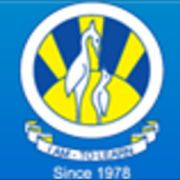

The City School International Private
 Nad Al Hammar
Nad Al Hammar
 Nad Al Hammar
Nad Al Hammar
school rank
 Weak
Weak

